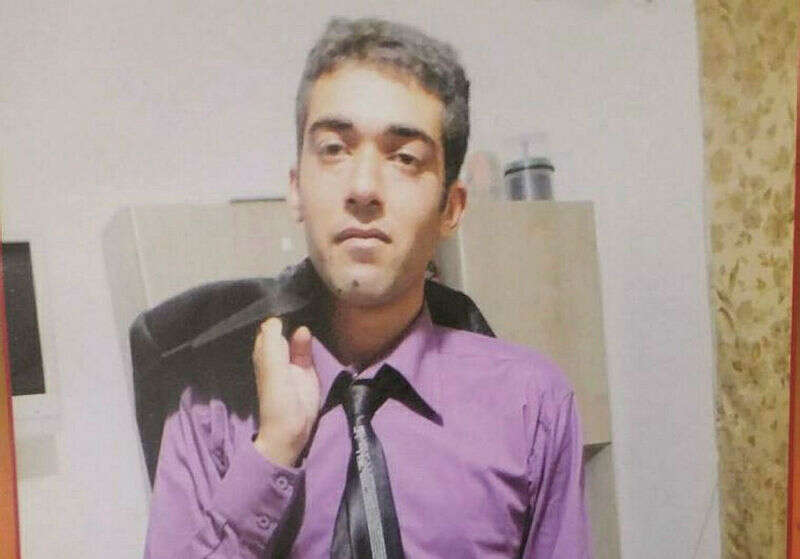"The rare window of opportunity" that currently exists for a prisoner exchange with Hamas could close, officials involved in the ongoing talks warned on Thursday. Hamas wants to make a deal, the officials said, and the foot-dragging was largely coming from the Israeli side.
Hamas is holding the bodies of two IDF soldiers, Hadar Goldin and Oron Shaul, who were killed in Operation Protective Edge in 2014, and civilians Avera Mengistu and Hisham al-Sayed, who crossed into Gaza voluntarily. In recent years talks have sluggishly progressed, but over the past few months have accelerated amid the backdrop of the coronavirus. Hamas was afraid the healthcare system in Gaza would collapse and another exacerbation of the humanitarian crisis in the coastal enclave, and sought to incorporate the prisoner swap into a broader agreement with Israel.
Follow Israel Hayom on Facebook and Twitter
Now, however, it appears that despite Hamas' willingness to finalize a deal, the talks between the sides have again tapered. The Israeli officials, as stated, placed the brunt on the blame on the Israeli side, for two main reasons: the lack of attention on the part of the senior political leadership that is supposed to move the matter forward; and the lack of impact from the special negotiator for hostages and prisoners of war, Yaron Blum.
The officials said that in contrast to other individuals who held his position in the past, Blum holds limited sway with the decision-makers and on the decision-making process. According to the officials, the person filling Blum's vacuum is a senior Shin Bet security agency official known only as "Maoz," who has been working with the National Security Council and is considered the person most close to National Security Advisor Meir Ben Shabbat.

"Maoz" manages the Division for the Middle East, Africa and Intelligence Relations, including clandestine ties with Muslim countries. His history in the Shin Bet and intimate familiarity with the Palestinian and Egyptian arenas – along with his fluent Arabic – have made him the central figure in Israel's negotiation efforts opposite Hamas and consequently talks over a prisoner exchange. Some officials believe his close relationship with Prime Minister Benjamin Netanyahu is now the key to securing a deal.

With that, the officials added, the decision-makers have a "very limited and partial" attention span for the prisoner issue. Netanyahu and Defense Minister Benny Gantz are primarily focused on contending with the coronavirus pandemic, the economic crisis, the sovereignty issue and variety of political matters, and are devoting very little time to the prisoner issue.
"If the decision-makers' focus of attention is extremely limited, there's little chance of advancing the issue," the officials said. "Such complex deals require intensive, daily attention for an agreement to be reached. This is very far from the existing reality." The result, they argue, is that "Hamas appears far more serious than us."
Subscribe to Israel Hayom's daily newsletter and never miss our top stories!




